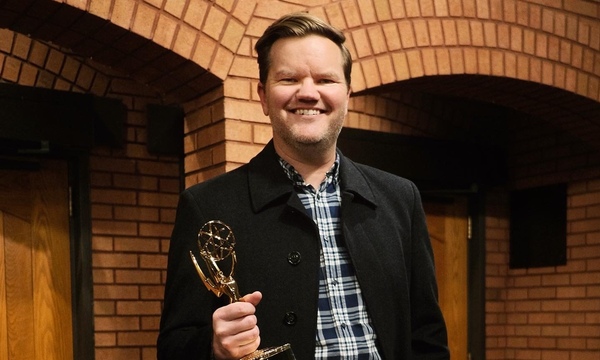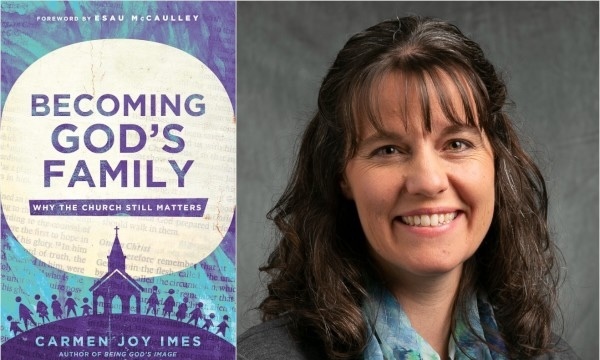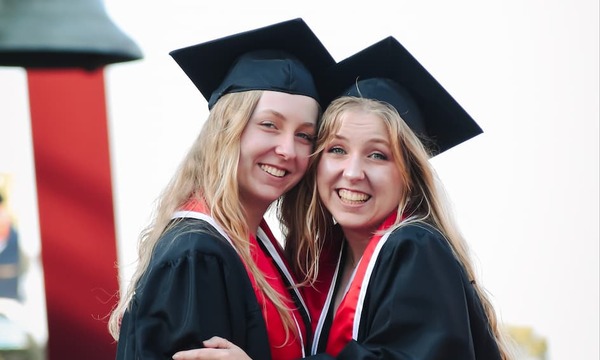Junior student Erin Choi was admitted to a hospital and told she had two months to live. According to doctors, she was dying of cancer. As it turns out, she was drastically misdiagnosed. Choi’s near-death experience has opened a door to an unexpected conversation about death in her life and led her to enroll in a new course last Fall — the Sociology of Death and Dying.
“Death is all around us. As much as we see life all around us, death also exists,” said Choi. “I wanted to actually be in a setting where I can actually discuss the nature of death, and have it as a reminder and a good instructor on how I should live my daily life. In living better, we could die better and in learning how to die better, can't we learn how to live better?”
Most twenty-something college students most likely don’t consider the topic of death often, however sociology professor Brad Christerson, who developed the course, believes it’s important for students to learn about.
“Death is something everyone will face multiple times in their lives,” said Christerson.
The class is designed to help students learn about death and how to handle the matter when it becomes present in their lives. According to Christerson, students become equipped for the emotions that come with the loss of a loved one, and will walk away from the course with a healthier understanding of death.
“Coming from a Christian perspective makes the topic less daunting,” said Christerson. “Jesus conquered death, which is the primary benefit of our faith. We address the questions of why we die, where we go after death, and how to have hope in the face of death. A secular course would be mostly silent on these questions.”
Christerson hopes students will be changed by the information presented in the class and therefore live their lives through an eternal lens.
“Being conscious that we are going to die helps us to live well and invest in things that matter,” he said. “Because death is a taboo subject, we lose that eternal perspective, and the hope that we have in Jesus. Keeping death in our thoughts can transform how we live. This class, hopefully is a step toward that goal.”
As part of the course, students volunteered in hospitals and worked with those in hospice. For Choi, this was a significant experience in the class.
“The hospice care volunteering experience was a very wonderful experience for me,” said Choi. “It deeply challenged me … I observed that the the hospice care was reorienting and challenging and redefining these ideas and perspectives of death.”
Choi admitted that the process was sad at times, however, the experience taught her more about life and how to handle death in the future, stating death simplified life to what really matters. For Christerson, Choi’s experience proves that the class holds high value for students.
“I think some people think it would be depressing to talk about death for a whole semester. But I don't think most people experience the class as depressing. I think most people find it interesting, helpful, and hopeful,” said Christerson.
Written by Shayna Brodsky, iBiola Intern. Sarie Koes, media relations intern, contributed to this report. For more information, contact Jenna Loumagne, media relations specialist, at 562.777.4061 or jenna.l.bartlo@biola.edu.
 Biola University
Biola University
.jpg)

